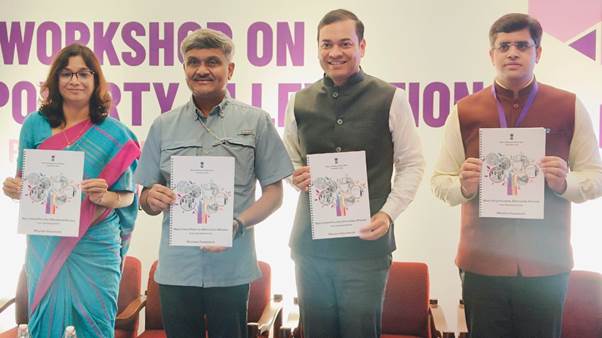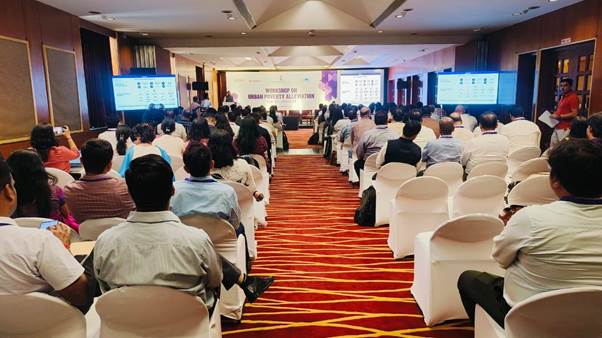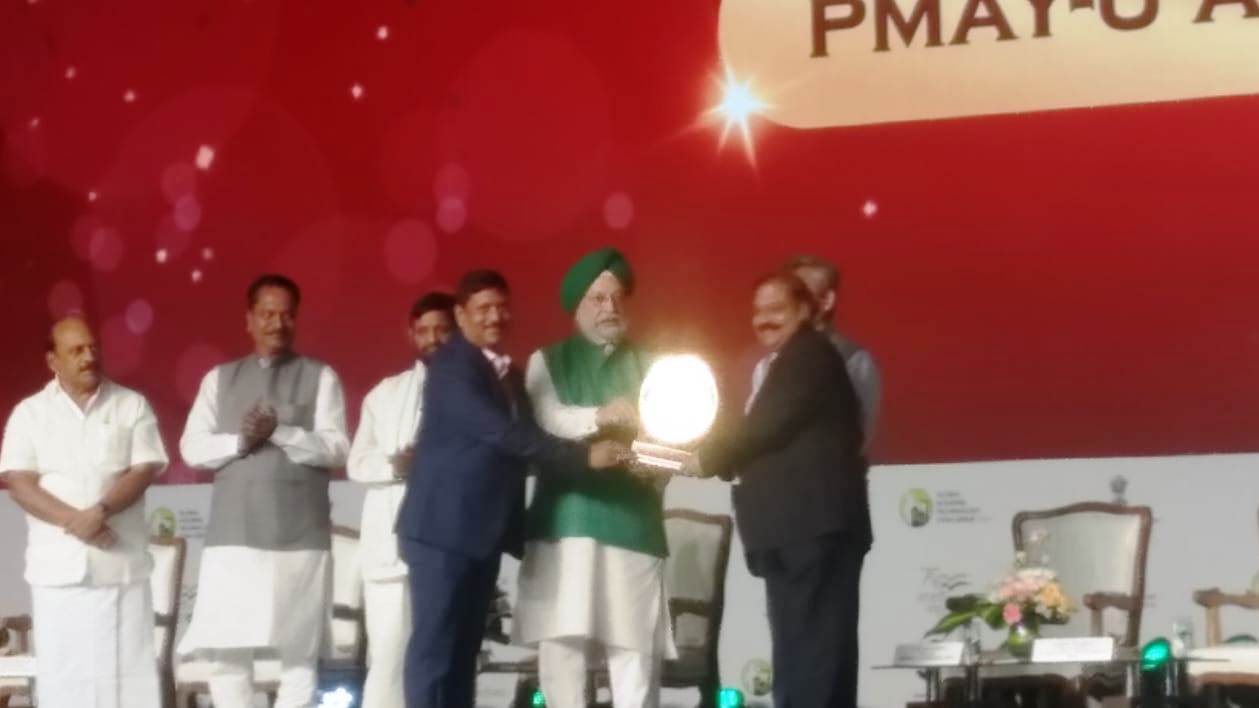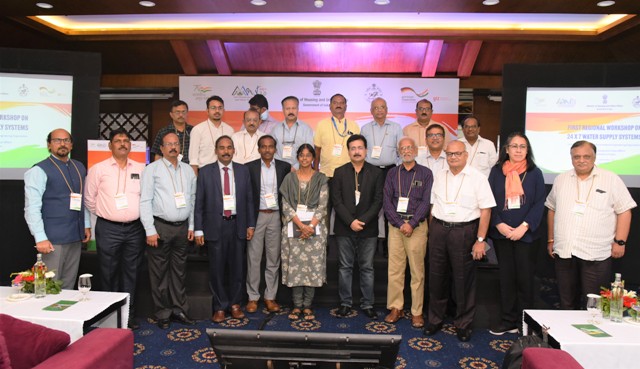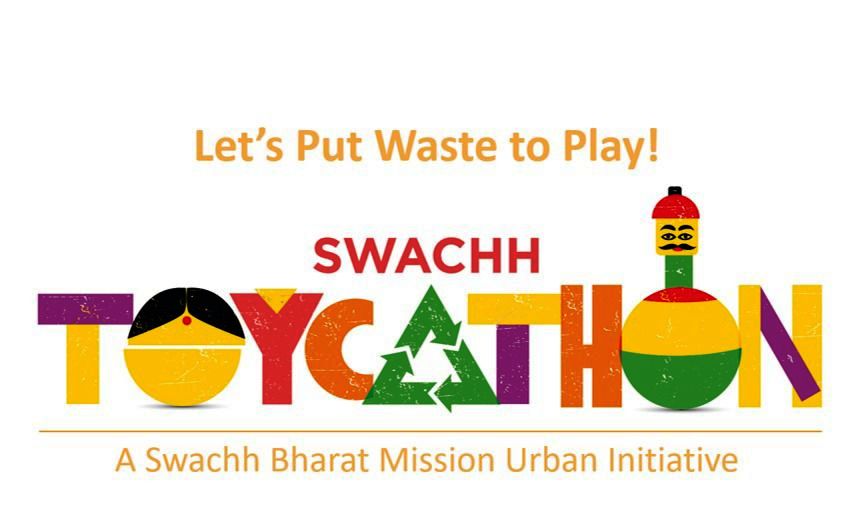New Delhi: The Ministry of Housing and Urban Affairs (MoHUA) organised a workshop on 23rd September 2024, on Urban Poverty Alleviation.
During the workshop, deliberations were held on the various aspects of poverty in urban areas, and methods that can be adopted to address the same.
Shri Srinivas Katikithala, Secretary, MoHUA delivered the keynote address at the workshop which was attended by State Mission Directors from across the country, Municipal Commissioners and city representatives of 25 select cities, along with senior officials from Ministry and other Departments.
The workshop aimed to sensitize the States/ULBs on the contours of pilot implementation of a proposed new programme on poverty alleviation in urban areas. The session commenced with an overview of the programme and objectives, presented by Shri Rahul Kapoor, Joint Secretary, MoHUA. It was followed by in-depth presentations covering various aspects including inter alia, community-led Institutional development, financial inclusion and enterprise development, capacity building, development of social infrastructure, and innovations in livelihoods space. On this occasion, Shri Srinivas Katikithala, Secretary, MoHUA, released the Mission Document for pilot implementation briefed the participants regarding the objectives of the workshop, and encouraged States and Cities to think innovatively while trying out various initiatives during the pilot stage.
On the occasion, Shri Srinivas Katikithala, Secretary, MoHUA said “Urbanisation provides various opportunities and there is a need to harness these opportunities through innovative thinking so that the urban poor particularly the vulnerable groups, including youths, can get access to better livelihoods opportunities.”
About the Workshop and the pilot:
The workshop was attended by 28 States /UTs and the officials of 25 select cities. Valuable suggestions were given by States/UTs/Cities to help in designing the contours of an upcoming poverty alleviation programme. The pilot is to be launched in 25 diverse cities—including industrial hubs, migrant centres, aspirational districts, and port cities utilizing a Test-Learn-Scale approach. Set to commence from 1st October 2024, the pilot will span three months, with a preparatory phase of one month to ensure effective implementation.
The pilot is designed to uplift vulnerable groups within the informal sector, including construction workers, gig workers, waste workers, care workers, domestic workers, and transportation workers, who often face occupational, social, and residential vulnerabilities. These workers, engaged in precarious jobs with low wages, hazardous conditions, and limited access to social protection, are the primary beneficiaries of this mission. The pilot aims to break the cycle of poverty by providing financial assistance, social protection, and access to credit for micro-enterprises, and fostering innovation and collaboration.
Through strategic interventions and a collaborative approach, the proposed programme aims to reshape the livelihood landscape in urban India, ensuring that the benefits of urbanisation are equitably distributed to uplift the most vulnerable sections of society.


